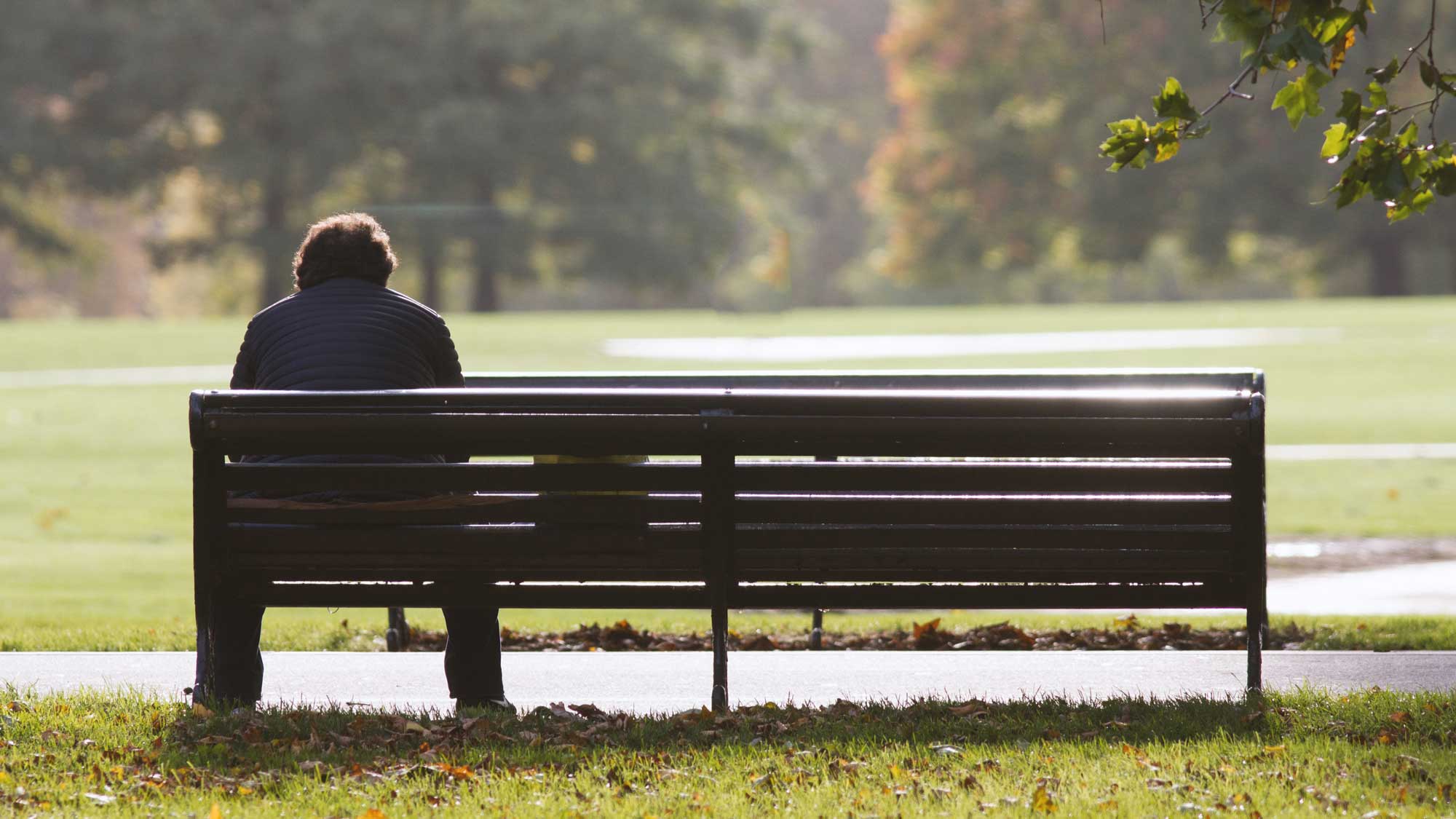ADHD (attention-deficit/hyperactivity disorder) is a common diagnosis among children, but many adults may find themselves wondering if they have ADHD. Symptoms usually show up as a child yet adults being diagnosed is not uncommon.
For many, ADHD does not stop them from living a “normal” life, but they may find it more difficult to navigate daily life because of this condition. Medication is one way to manage ADHD, but there are many others that can be used instead of or in addition to medication.
Three steps you can take to manage your ADHD
- Organization is key. – One way to help your mind focus in spaces where you need to be productive without distraction (i.e. your office) is to keep yourself organized. Clutter can cause your mind to wander and refocus on cleaning up instead of doing the task at hand. Keep your space organized and set time aside to declutter at the end of the day so you can start the next with a clean space.
- Routines are your friend. – Trying to implement a routine when you have ADHD can be agonizing because you are used to letting it all go. While you don’t need to tamp down on every aspect of your ADHD, you do need to get daily tasks done like paying bills or making it to the restaurant on time for dinner. Give yourself a routine that you feel comfortable with, not one that you “should” have.
Your routine can be quite simple at first, like a small list of to-do tasks for the day. Once you’re used to that routine, try adding additional goals or habits you want to improve on.
- Exercise, nutritious foods, rest, and therapy. – Any activity that helps you release extra energy, refuel, recharge, or cope with living with ADHD is a helpful one to integrate into your routine. Exercise can help you burn off energy that keeps you from relaxing in the evening. Cooking and eating nutritious foods can help your brain perform better which in turn helps manage ADHD. Getting enough sleep is important to start the day with a well-rested mind and body. And, finally, seeing a therapist to discuss you and your ADHD can help you find new coping skills and have someone in your corner to hold you accountable and celebrate wins with you.
ADHD shows up in different ways for different people; there is no one-diagnosis-fits-all. Understanding the ways ADHD affects your daily life will help you decide what kinds of alternative methods you want to incorporate into your new routines. Valley Oaks Health is here to help, so check out our page of ADHD resources for more support.






